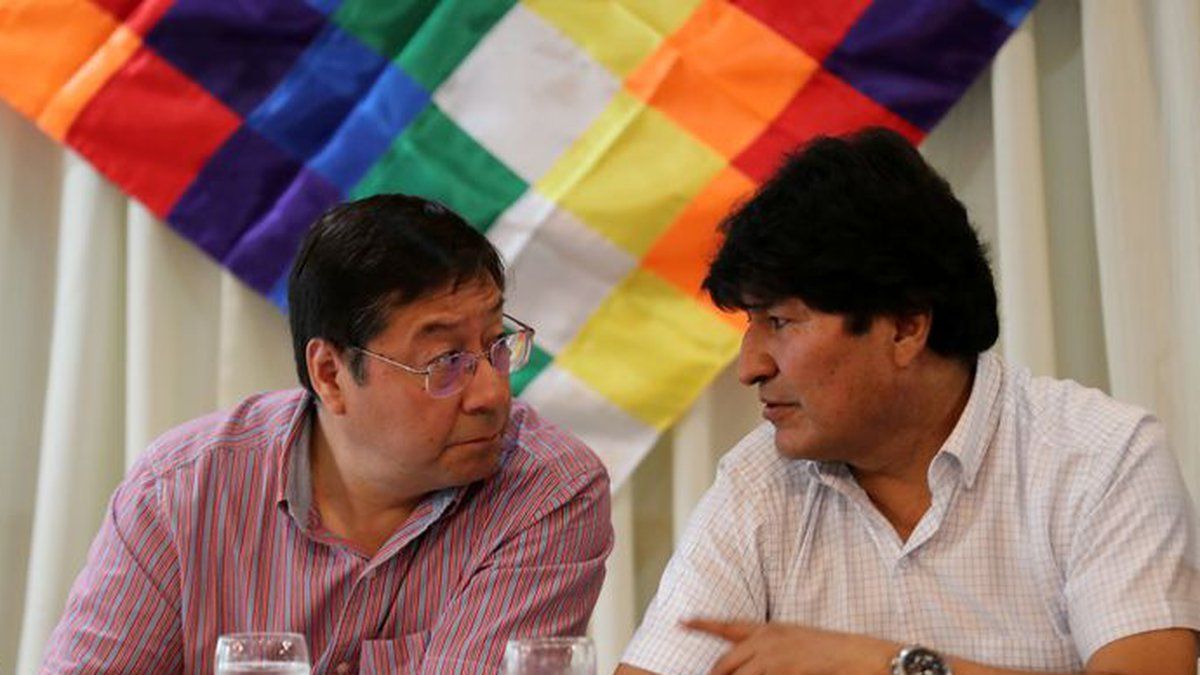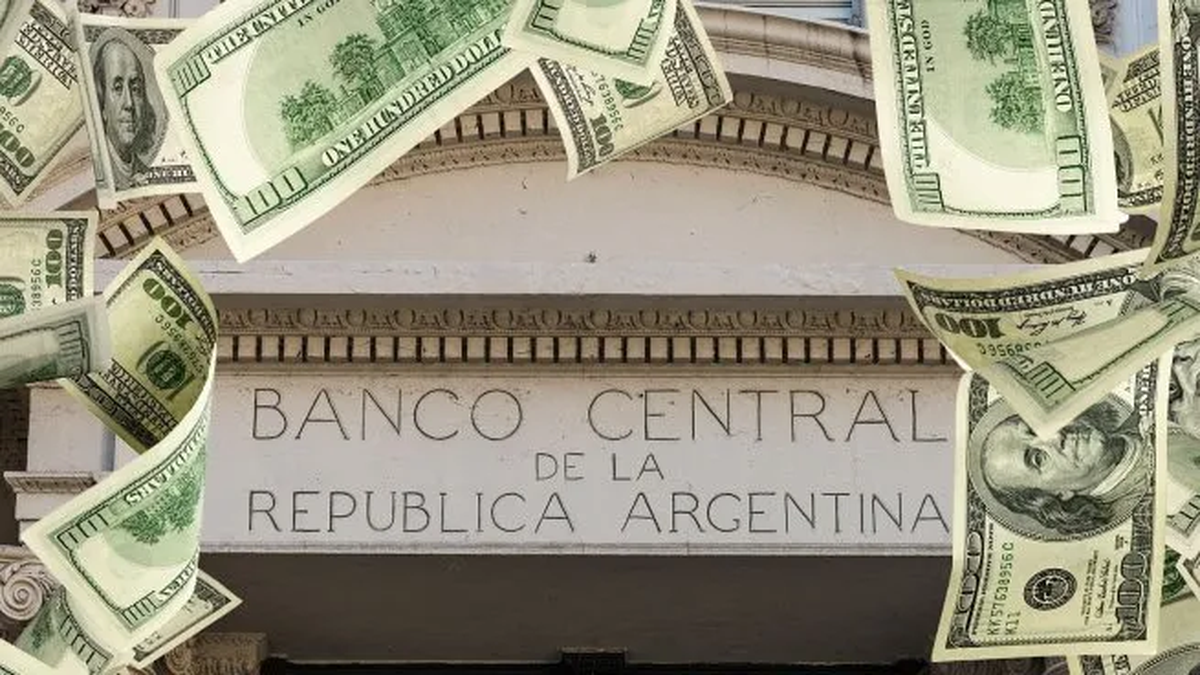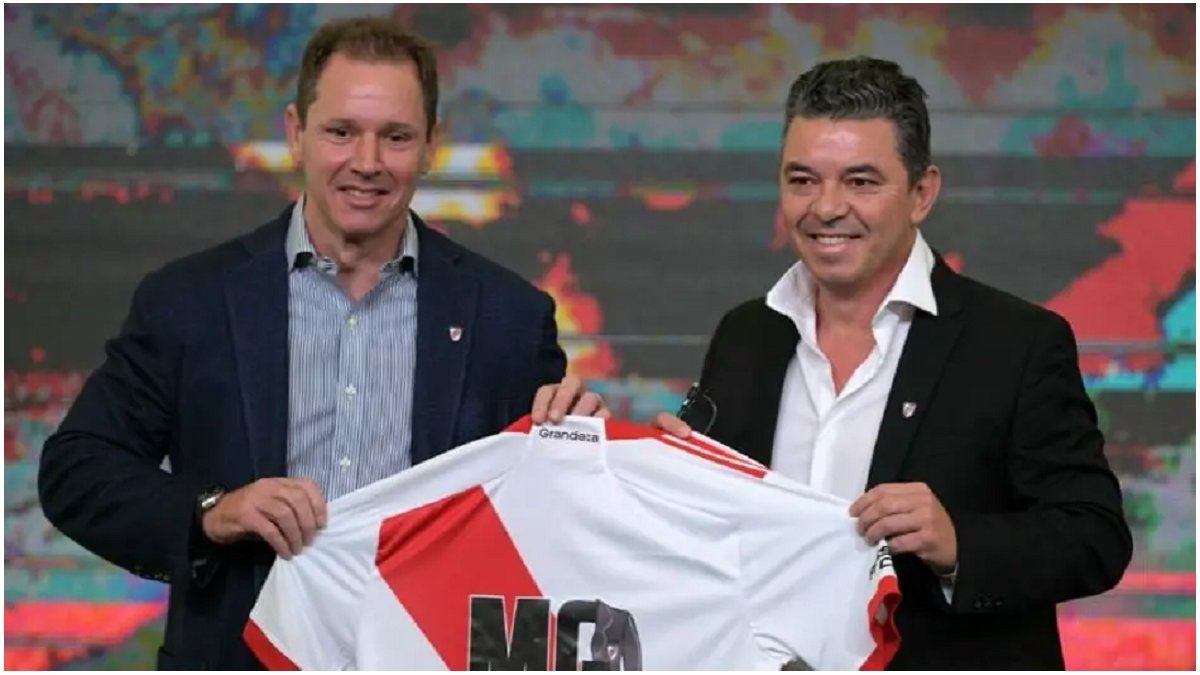In a 1968 French film, Farewell, my friend, directed by Jean Herman, the character played by actor Charles Bronson played a game that consisted of betting that he could put a coin in a glass full of water without the water overflowing. He did so carefully, the coin went in and the water very slightly overflowed the edge of the glass, but the surface tension prevented it from overflowing. The secret of the game was to put the coin in such a way that it did not break the surface tension; if the coin was put in any other way, it would break and the water would overflow. This game exemplified the difference between pushing the limit to the maximum possible or breaking the limit, between pushing the rules to their limit or breaking the rules. In some situations similar to the game proposed by the character, the difference can be very, very small, almost non-existent.
And this image can be applied to many other areas such as politics and allows us to clearly understand the current political dynamics in the Plurinational State of Bolivia, a situation that, using the simile of the previous game, can be seen as an excess of social protest for legitimate purposes or an incitement to break the constitutional order.
Many newspaper and media headlines portray the conflict as a dispute between two people, Luis Arce Catacora and Juan Evo Morales Ayma, and try to find the keys to the conflict in the personal relationships they had since the presidential mandates of Evo Morales, in which the current president Luis Arce was Minister of Economy and Public Finance. In this way, it would be a subjective conflict, that is, a conflict between people who differ about a lot of things, and who take this difference to a situation of great violence.
But this type of approach hides or distorts the true nature of the conflict, which is not a conflict between two people, but rather a conflict between the person who holds the constitutionally elected executive power and in legal exercise of that power and a private citizen affiliated with a political party who is appealing against a court ruling, the Plurinational Constitutional Court, which interprets the Political Constitution of the State in a certain way. In other words, it is an institutional conflict, which of course involves the entire government and not only one person who exercises executive power, and which, on the other hand, puts a person affected by a court ruling on a path that is not the legitimate path to be able to reverse that ruling, and which even refuses to address the only existing legal path, which should begin with a referendum that would ask the population about the feasibility of opening a process of constitutional reform that would allow the issue of the interpretation of the constitution to be resolved.
And that private citizen, former President Juan Evo Morales Ayma, uses the power he has over a faction of the Movement Towards Socialism party to achieve the impossible, which is to get a court to modify a sentence through a popular mobilization. Because if that were to happen, we would be directly facing a subversion of the political system.
On the route of the march to La Paz led by the former president, there were scenes of violence between supporters of the current constitutional president and supporters of the former president as the column of Evo supporters passed through the town of Ventilla, El Alto, where the confrontation left several people injured and ambulances were stoned, which caused the Minister of Health, María Renee Castro to point out that “That doesn’t happen even in a war.” And in the city of La Paz, measures have been taken to somehow empty the streets of people by suspending school classes in both La Paz and El Alto.
The situation is escalating and each of the social sectors that supports one or another of the opposing forces is raising demands. In the case of the dissidents, there is talk of returning to the revolution and in the case of the pro-government sectors, such as the Single Trade Union Confederation of Peasant Workers, the arrest of the former president is demanded. “Enforce our Political Constitution of the State and arrest this man (Evo Morales) who is inciting violence, creating sedition and an attempted coup (of the State).”
Just as the conflict is not a conflict between two people but a very serious institutional conflict, the demands of the dissident sector are not exactly those that are declared, but rather seem to be different. It is clear that no one is warning that a coup d’état is going to take place; on the contrary, the reasons that are explicitly stated point to the defense of the electoral rights of the former president, and the growing crisis that is hitting the Bolivian economy.
But neither the procedures nor the hidden intentions seem to be those, but rather an attempt to blackmail the government in order to create a situation of effervescence, laying siege to the cities of La Paz and El Alto, in order to achieve a massive protest that would lead to the resignation of the constitutional president. Today, given the state of affairs and the opposition sector’s refusal to engage in any dialogue with the central government, this seems to be the real intention of the dissident movement.
And we can return to the game that the character in the film will play. Are we facing a case of dissidence so radical that it is almost confused with sedition? Or are we facing an explicit sedition in an attempt to subvert the constitutional order? There are certain circumstances in which the difference between the two things is so small that it is practically impossible to discriminate and in which a movement of social protest and dissidence is indistinguishable from an attempted coup d’état. And that seems to be the bet of the opposition faction, to face a protest, as an excuse for the structural economic crisis of the Bolivian nation, to declare that personal objectives are not central, but to push the limits until they are broken. And that is how President Luis Arce Catacora has characterized it, by pointing out that the blockades are an explicit attempt at a coup d’état.
And in the current situation, where there are clashes between groups of people who adhere to the constitutional order or to the dissident faction, there seems to be only one limit: the possible bloodshed. That would eliminate any doubt and would put black on white an attempt to subvert the constitutional order. Playing with the limits to the extreme is a very dangerous game because its results may not be what many initially claimed, but the results can be very dangerous, it can lead to a situation of civil war and disintegration of the state.
Source: Ambito
I am a 24-year-old writer and journalist who has been working in the news industry for the past two years. I write primarily about market news, so if you’re looking for insights into what’s going on in the stock market or economic indicators, you’ve come to the right place. I also dabble in writing articles on lifestyle trends and pop culture news.




